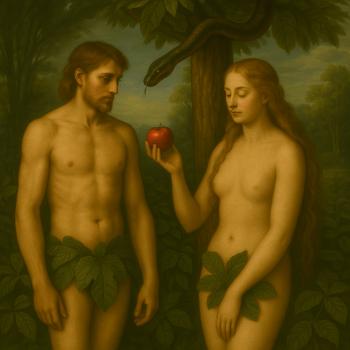Everyone has beliefs, and beliefs are not inherently good or bad, in and of themselves. Beliefs can be problematic when we confuse our beliefs with facts or when we impose our beliefs on others. I wrote about beliefs and facts here, and I wrote about respecting others’ beliefs here. In coming weeks, I will be writing about how to navigate discussions about politics and religion.
In my opinion, we can make even the most outlandish claims, as long as we preface them by saying, “I believe…” or “I think…” If we say, “I think that the earth is flat,” that is expressed as a belief. Someone else may or may not challenge it. But, if we say, “The earth is flat,” that is expressed as if it were a fact, but it is NOT a fact. Someone else likely will challenge it, as they should.
You might be thinking, “Yeah, we all know the difference between beliefs and facts.” Great, then why are we always arguing? Facebook fights, fake news, and Twitter/X rants are based on beliefs, not facts. We fight wars over beliefs, not facts. When is the last time that we fought over a fact? Why would we do that?
In politics and religion, we can avoid or shorten a lot of arguments by establishing what is a belief and what is a fact. Some of us can hold our beliefs so tightly that they seem like facts to us. Sometimes, others can hold their beliefs so tightly that they seem like facts to them. But, beliefs are NOT facts.

Religion: Is This a Belief, or Is This a Fact?
In The Way, I ask readers to write down everything that they know about God. If they are honest, they will begin and end the exercise with a blank piece of paper. We might “know” something because an inerrant book or an infallible leader said so. But inerrancy and infallibility are themselves beliefs. If we are honest, we do NOT know anything about God, even whether God exists.
Barbara Brown Taylor, a priest and writer, asks, “What does any of us mean when we say God? We use the word as if it were made of steel instead of silk netting.” So, is God three persons? Some Christians think so (Father, Son, Holy Spirit). Some Hindus think so, too (Brahma, Vishnu, Shiva). Both sets of symbols can be helpful ways to describe the indescribable. But, we can NOT know whether God exists, let alone whether God is a person or several persons or not a person at all. If God is three persons, which set of symbols best describes the indescribable?
If we can NOT even answer primary questions about God’s existence or God’s nature, then secondary questions about God’s intent or God’s workings are speculation. Now, that does not mean that we should not have beliefs or that our beliefs are necessarily wrong because we cannot prove them. One tradition or one of the 45,000 versions of the Christian tradition might be right.
Everyone has beliefs, and beliefs are not inherently good or bad. All religion is cultural, and all theology is speculation.
Politics: Is This a Belief, or Is This a Fact?
In politics, we often carry our baggage into our discussions. Imagine that a new character, such as Tim Walz, Governor of Minnesota, enters the national political arena for the first time. We ask, “Was Tim Walz a good governor or a bad governor?” We get conflicting reports from Fox and MSNBC or from The Wall Street Journal and The New York Times. Who do we believe?
Sadly, news and entertainment are not always clearly distinguished. A news report is usually less biased than an editorial, and a news reporter is usually less biased than an entertainer. So, we should pay attention to who is talking to us. Are both sides of an issue explained, clearly and fairly? Does the speaker have a conflict of interest or a stake in the outcome?
When in doubt, there are news services, such as AP and Reuters, who must be fair because they distribute content nationwide. Also, there are news sources, such as The Guardian, who can be fair because they primarily distribute content internationally. Finally, there are experts, such as the Tax Policy Center, who can be fair because they focus primarily on their areas of expertise.
If you look for an answer to a question like “Was Tim Walz a good governor or a bad governor?” you can find plenty of objective news sources that will talk about the good and the bad. Like most complicated questions, it is NOT likely that Tim Walz (or anybody else) was ALL good or ALL bad or that he had NO failures or NO successes or that he pleased everybody or nobody.
Everyone has beliefs, and beliefs are not inherently good or bad. But, beliefs are NOT facts.
If you want to stay up to date on the latest from You Might Be Right, simply subscribe with your email.
The Way is a Silver winner in the 2024 Nautilus Book Awards in the Religion/Spirituality of Other Traditions category.














